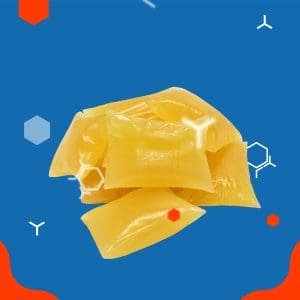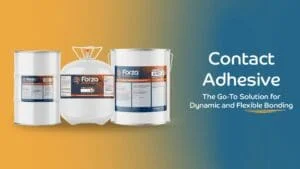Forzabond H805
Forzabond H805 is one of our hotmelt adhesives. It is an aggressive PSA (pressure-sensitive) hotmelt which is often used to replace PUR hotmelts.
H805 can bond vinyls, polypropylene and other plastics, as well as metal and other difficult-to-bond substrates. Although used across many industries, it is most commonly used for garage door panels.
Besides replacing PUR hotmelts, H805 has many benefits. With it’s aggressive hot tack and high heat resistance of over 200°F, it stays sticky and tacky, remaining pressure-sensitive for a long period of time under normal temperature conditions. Forzabond H805 also contains no isocyanates and contains 100% solids, so it is considered a very safe adhesive, maintaining strict compliance with 21 CFR 175.105 regulations.
Curious how you can use this adhesive in your applications? Contact us, and let us know your application and the substrates you’re bonding, and we’ll be happy to help you out!




